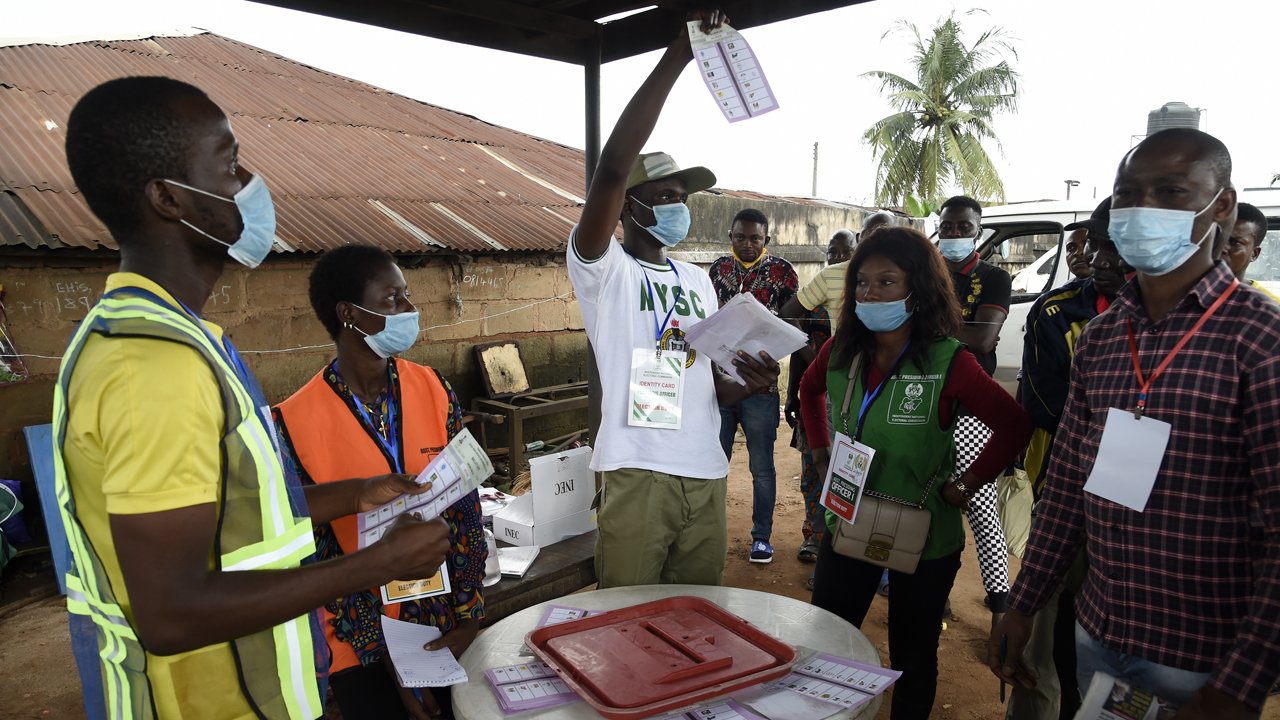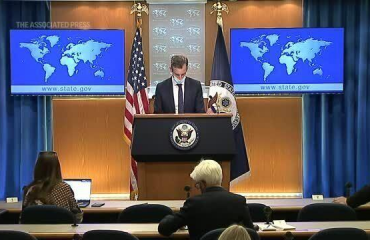Political branding: Redefining politicking – Part 2 – Guardian Nigeria


It takes a lot of courage to do things differently, but this is what sets you apart from the deluge of posters, messaging, and other materials that are commonly associated with election/campaign seasons.
People have lost trust/faith in the system that is supposed to empower them, not put them down, which is why a large percentage of Nigerians are not paying attention to the 2023 elections. So, how do you gain votes and trust?
Running campaigns traditionally the same way as “it has always been done” has been proven to be a defeatist strategy. The typical Nigerian campaign landscape revolves around churning out money with no clear-cut strategy on community engagement. Money is definitely important no doubt, but the question is how do we use money as a transformative campaign tool rather than a weaponised one?
I have always been fascinated by the process of persuading others to make particular judgments. I will summarize my observations on the following six points, based on my experience with hundreds of successful and a few unsuccessful brand management procedures and tactics, as well as Louis Perron’s comment on the topic:
Identify and speak the language of your Audience:
In your attempt to connect, you risk alienating your core supporters by attempting to be everything to everyone. Find something that connects to your audience’s diversity or give them that one thing by getting to know them.
Message:
This is not about a tagline, it should express something about you and your opponents. You have to give voters a reason why they should vote for you, ideally, not by talking about yourself but by telling them what’s in it for them.
The 2008 Obama campaign slogan “Change we can believe in” and the chant “Yes We Can” played a vital role in making the Obama campaign one of the most successful political campaigns in modern-day democracy.
“Every great political campaign rewrites the rules; devising a new way to win is what gives campaigns a comparative advantage against their foes.” -John Podhoretz.
Media:
Successful campaigns tell a story and are not afraid of taking their voters on a journey. Great storytelling is not an ideology, but simply about storytelling. Leverage social media, print, local/community engagement. The ability to harmonise them make for an exciting campaign. Also, if you want the media to run your story, give them fireworks and rainbows—in your answers to their question, remember, strategy.
Be human:
As simple as it sounds, being human is one of the most difficult things politicians aiming for leadership positions face. People want to know that you are a part of them and relate to their common reality. Have human moments but be strategic about it.
If you think that elections are cerebral affairs decided by logic and facts, I have bad news for you. As psychologist Drew Westen explained, “Two-thirds of voters’ decisions to support one candidate or another could be accounted for by two simple variables: their partisan feelings and their feelings towards the candidates. Candidates’ positions on the issues had only a modest effect on their electoral preferences.”
Money:
One of the most difficult tasks for anyone in politics is to inspire the public. Many people believe that money is the most essential aspect of campaigning, but I believe that you can get the proper message out with less money. In my line of business, I have had some clients with too much money, and one thing they had in common was that money impedes/undermines discipline; for example, you’ll see campaigns with so many advertising platforms and zero consistency that the heart of the message is lost. Politicians need to rethink how they gather finances for campaigns, from social media fundraising to event sponsorship.
The deployment of precise storytelling, informed positioning, and forming principled alliances may all help raise money that can subsequently be used as a transforming instrument. We need to shift our minds about money in politics in general, including where it comes from, how it is spent, and how transparent we are with campaign donations, among other things.
Lastly, Make No Major Mistake:
You may be wondering, how it is possible to avoid making a mistake when it is human nature to do so? But through consultation and strategy, you can avoid making major mistakes.
Some major blunders are: starting too late, conducting faulty research, and, by far, the most serious error is producing campaign materials that are devoid of context. What are your font type, colors, poses, and so on?
Why should your campaign billboard look the same as everyone else’s? You should offer the solution to a common problem in a unique way, and address issues that other politicians are unable to recognize.
Is there a consistency to your processes or do you think order does not matter in Nigerian politics? Have the courage to take a step forward and stand out from every other campaign.
I enjoy the fast pace and adrenaline rush of campaigning, but most importantly, it is an opportunity to make a positive contribution to society. These concepts are not all there is to leadership, politics, or campaigns, but they are the framework for any successful political campaign, so use them, expand them, and build a campaign that unifies rather than divides.
“Talk is cheap, voting is free; take it to the polls.”- Nanette L. Avery
Concluded
O’Tudor, is the group principal consultant, ADSTRAT BMC and Alumni, The School of Politics, Policy & Governance (SPPG).
Follow Us



